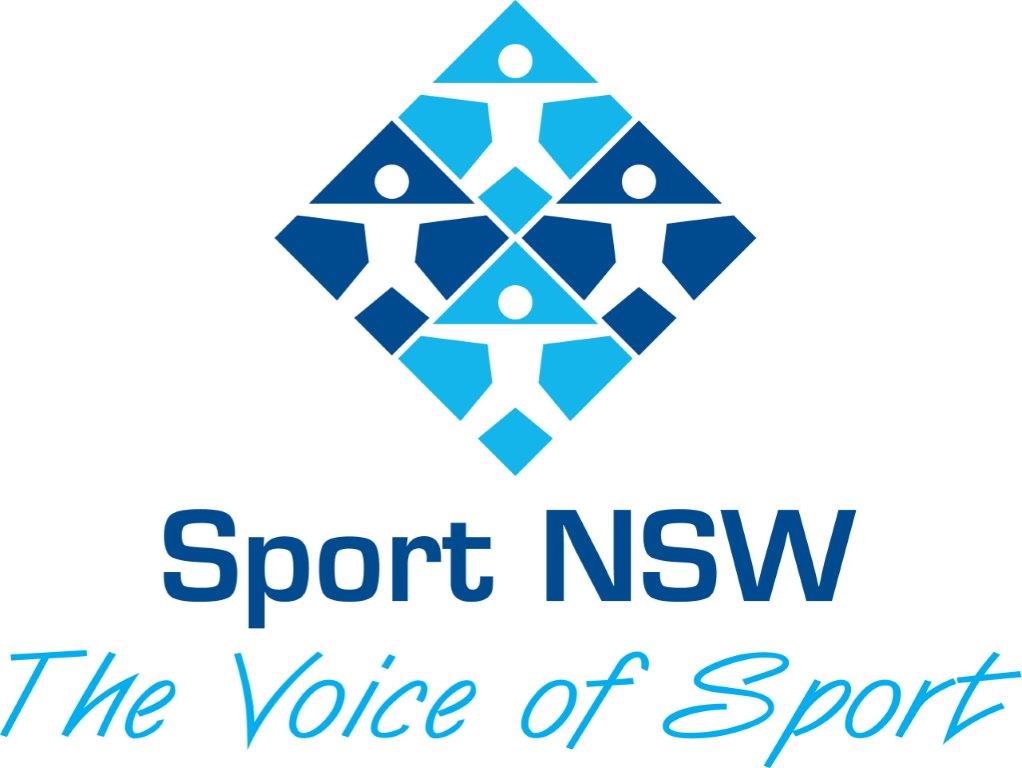Do's and Dont's for Conducting Interviews
Do's:
- Be Prepared - have all panel members meet prior to confirm the interview schedule and plan for asking interview questions. The manner in which you conduct an interview sends a clear message to the candidate about your organisation.
- Introduce all panel members - names and titles. (Where possible ensure a gender balance on the selection panel. It is also important that selection panel members have no conflicts of interest with any candidates.)
- Make the candidate feel welcome and relaxed as possible.
- Give the candidate an overview briefly explaining the company, position available and reason for the vacancy.
- Explain the process to be used in the interview so the candidate knows what to expect.
- Core Questions - Ask all candidates all core questions.
- Use experience-based and open questions rather than yes/no questions. This gives candidates the opportunity to tell you about their experiences from which you can learn more about their skill and personality, and their ability to succinctly communicate a message - e.g. How did you handle the following situation in past and what did you learn from that experience? Tell me about a time when? Can you provide an example of?
- Frame questions around the competencies required for the position e.g. leadership, conflict resolution, financial management.
- Allow time for the candidate to ask any questions at the end of the interview.
- Don’t overlook the importance of checking current references prior to any offer of employment being made to confirm suitability, qualifications and eligibility to work in Australia.
- In your deliberations consider on a candidates personality and ‘cultural fit’ for the organisation to determine how well he or she may work with others within your work environment and with external stakeholders.
- Do talk about expectations and goals of the organisation to make sure the potential employee has or is willing to develop knowledge of all aspects and jobs within your organisation.
- Do give the candidate a realistic expectation as to when they will hear of an outcome from you and keep all applicants informed as to the process moving forward.
- Notify your unsuccessful candidates in a timely manner.
Don'ts:
In general, you should not ask interviewees about their age, race, national origin, marital or parental status, religion or disabilities. You can only explain the requirements of the job position (i.e. such as work hours/travel commitments) and ask whether this is acceptable to the candidate.
You cannot ask the following questions in an interview:
- Where you were born? You can ask whether you are authorised to work in Australia, but avoid asking about where the person ‘grew up’ or about their ‘citizenship’.
- What is your first or native language? You can ask whether the person knows a specific language but only if it is required for the job.
- Are you married?; Do you have a boyfriend/girlfriend/partner? Do you have children?; Are you pregnant? - All might seem ‘small talk’ but definitely personal questions are off limits in an interview.
- How old are you? You can’t ask a person’s age but you may be able to ascertain this from their CV from when they graduated from high school or university.
- What religion do you observe? (i.e. if weekend work is a factor for the job this may relate to a person’s religious beliefs). You need to confirm only whether the person is available to work on holidays/weekends.
- Do you smoke or drink alcohol?
- You are not able to ask about a person specifically whether they have a personal or physical disability.
The best tip to avoiding the wrong questions is to develop an interview template and use a copy for each candidate. It will document that you asked each interviewee the same questions and keep the Interview Panel on task. Failure to do so may establish a pattern that could seem discriminatory. For example: only asking some candidates questions on their willingness to travel. Having knowledge of the Fair Work Act is also important when considering any relevant legislation on the appointment of new employees.





